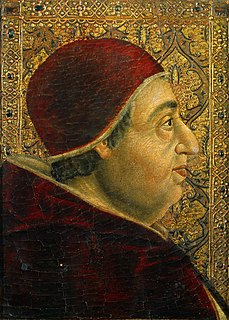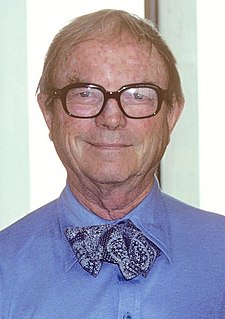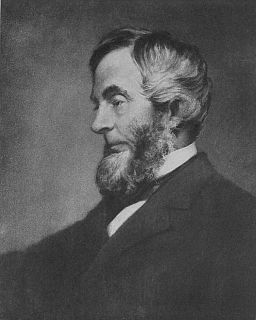A Quote by Pope Alexander VI
Related Quotes
[The] events by which the fate of nations is not materially changed, leave a faint impression on the page of history, and the patience of the reader would be exhausted by the repetition of the same hostilities [between Rome and Persia], undertaken without cause, prosecuted without glory, and terminated without effect.
I always write a draft version of the novel in which I try to develop, not the story, not the plot, but the possibilities of the plot. I write without thinking much, trying to overcome all kinds of self-criticism, without stopping, without giving any consideration to the style or structure of the novel, only putting down on paper everything that can be used as raw material, very crude material for later development in the story.
Fiction writers come up with some interesting metaphors when speaking of plot. Some say the plot is the highway and the characters are the automobiles. Others talk about stories that are "plot-driven," as if the plot were neither the highway nor the automobile, but the chauffeur. Others seem to have plot phobia and say they never plot. Still others turn up their noses at the very notion, as if there's something artificial, fraudulent, contrived.































